Citizen Science Hub
A series of training resources, case studies, and contact details for those interested in conducting Citizen Science projects.
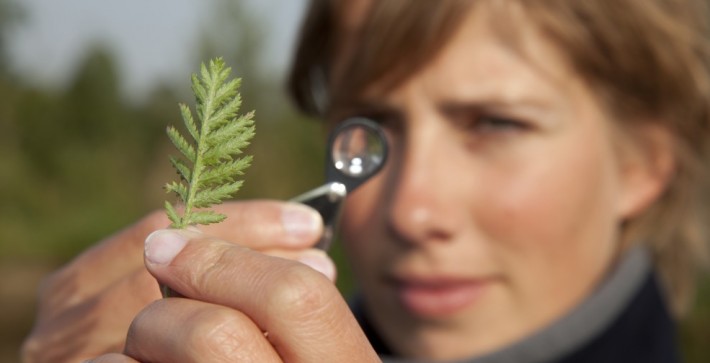
What is Citizen Science?
Citizen Science, also known as Community Science, is a way anyone can help ecologists make scientific discoveries even in their local park or the comfort of their own home. Citizen science can be broadly defined as the involvement of volunteers in research, and is a way to combine primary ecological research with environmental education and public engagement.
Citizen Science initiatives are becoming more common, and with technological innovations increasing the ways in which individuals can participate, projects can even become global in scale, long-term, and engage hundreds of thousands of volunteers.
Our ‘Be an ecologist, wherever you are!’ animation explains exactly what citizen science is, and the types of projects you can be involved in.
BES Citizen Science Case studies
BES members have conducted many Citizen Science projects to date, and many more are published in our BES scientific journals. Below you can access overviews of a range of case studies demonstrating the diversity of methods within Citizen Science, and evidence of the impact they can have through the involvement of the publics vital to conducting them.
eBird
eBird is among the world’s largest biodiversity-related science projects, with more than 100 million bird sightings contributed annually by eBirders around the world
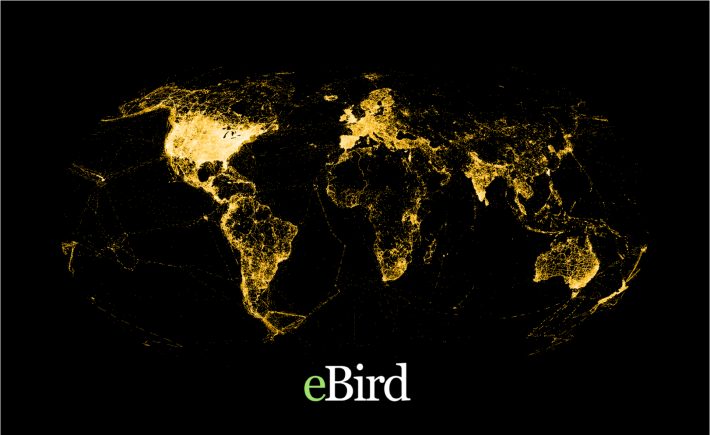
Tracking Minnesota black bear range expansion
The American black bear is an incredibly adaptive species that is expanding its range in many parts of North America, including many areas alongside people. In Minnesota, USA, the Minnesota Department of Natural Resources asked citizens to report any bear sightings that occurred in parts of the state where bears typically do not live.
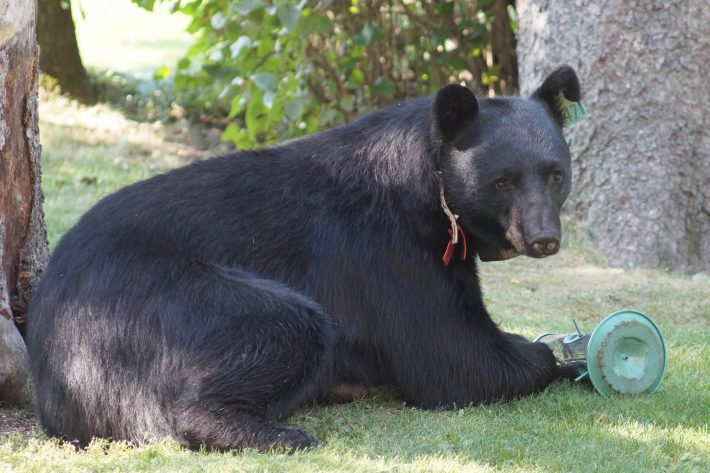
MammalWeb
MammalWeb is a citizen science platform intended to collate data to inform us about the distribution and ecology of mammals. Knowing these things is important for a wide range of applications, including conservation and the sustainable development of our natural landscape. MammalWeb collates data from motion sensing “camera traps”, set up to photograph and monitor wild mammals in the UK as well as other countries within Europe. By collating and classifying camera trap images and videos on a common platform, we can start to piece together the distribution and behaviour of wild mammals, as well as the factors that affect those.
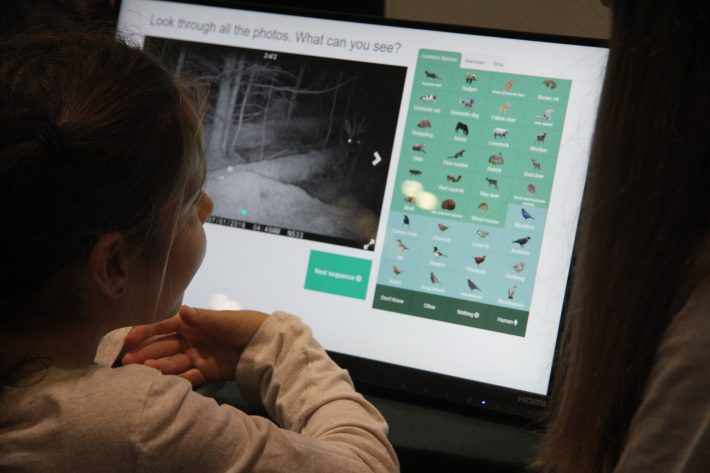
Conker Tree Science
For the past decade, Conker Tree Science has mobilised citizen scientists across the UK to not only map the spread of the highly-invasive horse chestnut leaf-mining moth (Cameraria ohridella), but to try to find out why they are spreading using imaginative ‘missions’.

Project MartinWatch
The Purple Martin Conservation Association’s Project MartinWatch is a North American continent-wide Citizen-Science project designed to help Purple Martin landlords better manage their colony as well as help the Purple Martin Conservation Association track the reproductive biology of Purple Martins.
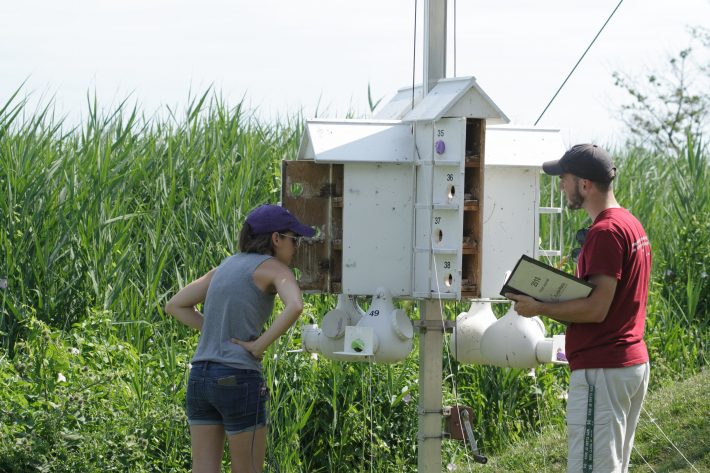
Looking for Cowslips
The aim of the initiative is to examine the susceptibility of a characteristic grassland plant, the cowslip, to the loss of semi-natural grasslands.

Publish your Citizen Science research within BES journals
To assess the contribution of citizen science to the advancement of ecological and people and nature-based knowledge, the BES journals launched an open call for manuscripts for a Special Feature on citizen science which has now closed.
The call for papers spaned the six BES journals: Functional Ecology, Journal of Applied Ecology, Journal of Animal Ecology, Journal of Ecology, Methods in Ecology and Evolution and People and Nature. Ahead of publication in an issue this page collates the papers accepted for the special feature.
Visit the Citizen Science Special Feature page here
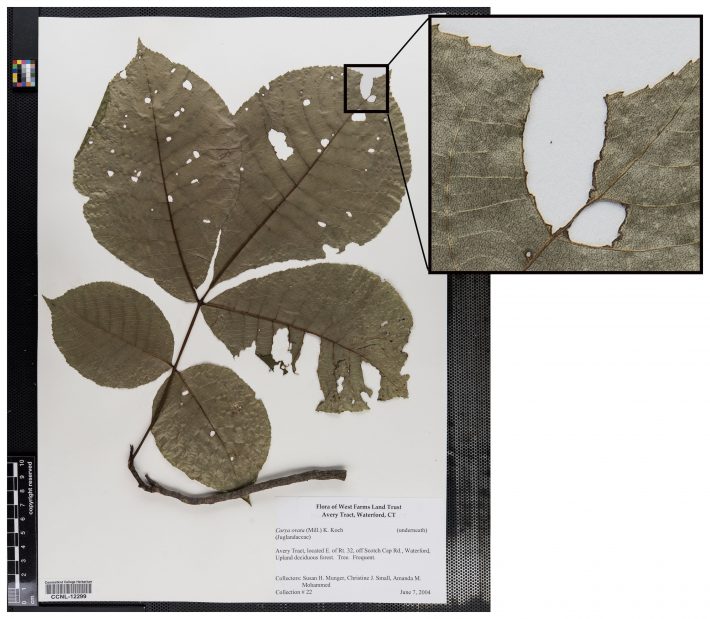
BES Citizen Science Special Interest Group
If you are interested in citizen science, you can join the BES Citizen Science Special Interest Group. Visit the page below to join the mailing list, see upcoming events, and learn more about how you can become involved. The group aims to promote the value of citizen science by sharing experience, expertise and providing a community to foster innovation in research through citizen science.
Resources to learn more about Citizen Science
There are many free guides and online resources to help develop your knowledge and skills in Citizen Science.
The UK Centre for Ecology and Hydrology (CEH) have created a series of guides on citizen science best practice. CEH also offer a range of additional resources suggestions on there website here.
Centre for Ecology and Hydrology 'Choosing and using citizen science' guide
CEH list of apps for specific projects
The Open University offer a free online course, 'Citizen science and global biodiversity'.
FutureLearn have an online course, 'Citizen Science: From data to action'
Like what we stand for?
Support our mission and help develop the next generation of ecologists by donating to the British Ecological Society.